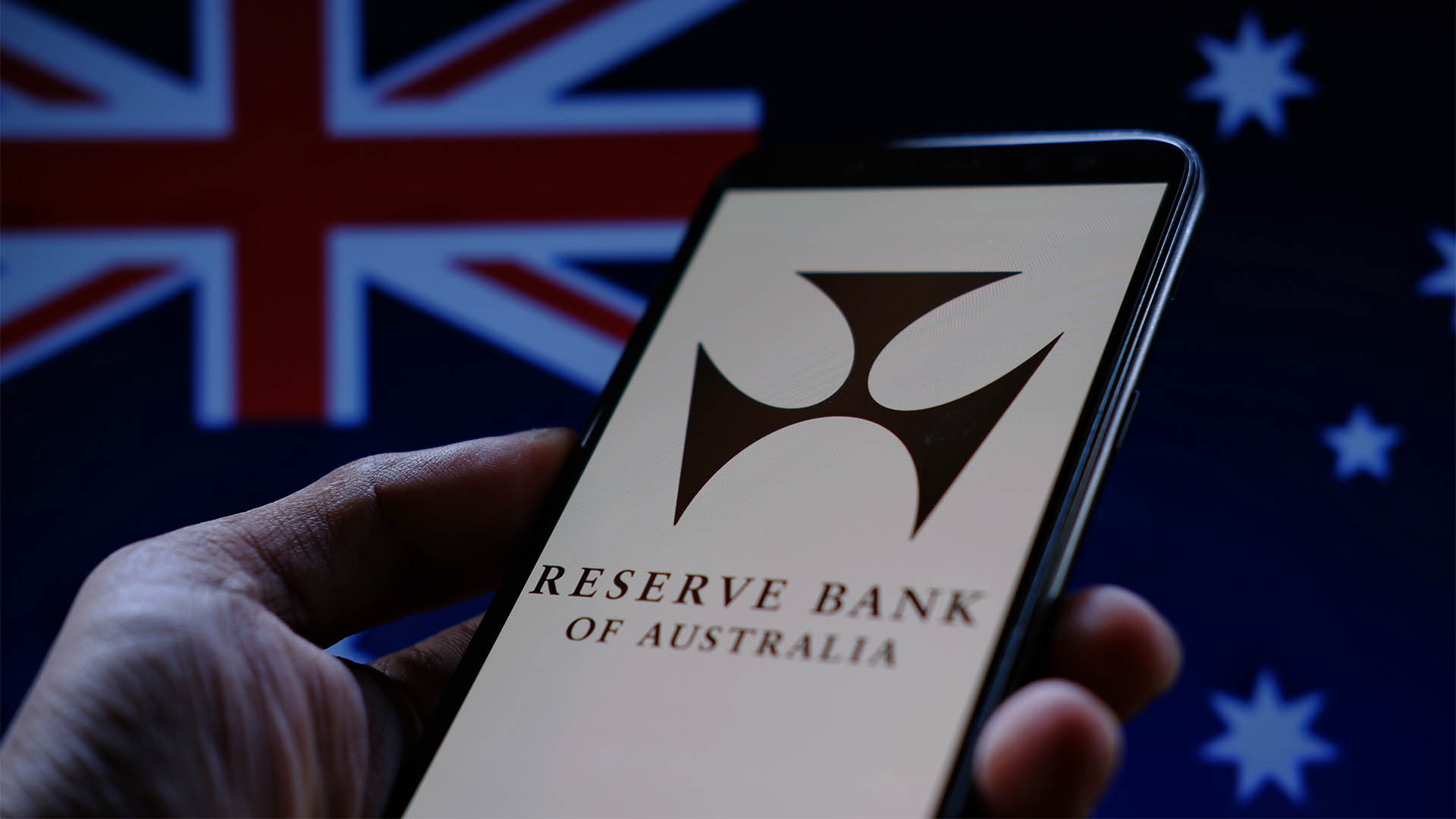China's securities regulator announces a complete suspension of restricted shares lending effective today (Monday), in response to the recent sharp decline in Chinese shares, particularly last Monday.
The ban aims to stabilize the country's stock markets following the recent market downturn, prompting various government actions such as administrative changes, easing lending to property companies, relaxing home ownership rules, and reducing bank Reserve Ratios, which will take effect next Monday.
The China Securities Regulatory Commission (CSRC) also plans to limit the efficiency of securities lending in the securities refinancing market starting March 18. This means brokers and banks will have to wait one day before providing borrowed shares to brokerages, rather than making them immediately available.
In a coordinated effort, both the Shanghai and Shenzhen stock exchanges will suspend securities lending by strategic investors during lockup periods, effective from today (Monday).
The government-owned tabloid newspaper, Global Times, reported that these moves aim to create a fairer market order, preventing institutions from taking advantage of information and tools, while allowing investors sufficient time to process market information. The focus will be on strict supervision and cracking down on illegal and irregular behavior.
This ban is the latest in a series of measures initiated after Monday's stock price decline. It began with Premier Li Keqiang's call for strong support for shares and the economy, followed by a leak to Bloomberg about state-owned enterprises potentially buying shares worth 2.3 trillion yuan ($325 billion) using offshore funds.
Regulators also hinted at evaluating the performance of state-owned company heads based on their stock market value. A media conference by the People's Bank of China Governor, Pan Gongsheng, announced the unexpected cut in bank reserve ratios. Additionally, regulators discussed financial support for banks lending to property companies in 2024, with ownership restrictions being relaxed by individual cities and towns.
These measures had a positive impact on the stock market, with Hong Kong's Hang Seng Index rebounding by 4.2% and the Shanghai Shenzhen CSI300 ending up 2% for the week.
Nomura analysts believe that these measures could stabilize stock market sentiment and potentially lead to a relief rally in China stocks due to low valuations and oversold markets.
Exchange-traded funds (ETFs) tracking Chinese stocks saw significant inflows of $12.6 billion in the week to January 24, according to a Citi survey, reversing the previous week's outflows of $2.3 billion.
HSBC reported six consecutive months of outflows in mainland China, with foreign institutional investors selling $30 billion worth of shares listed on mainland Chinese exchanges.
However, ANZ Research suggests that these measures may not be enough to change the weak economic outlook, emphasizing the issue of weak aggregate demand.
Now, the ban on lending restricted shares has eliminated the shorts, as shares held in escrow for various reasons can no longer be lent to short sellers for a fee.














